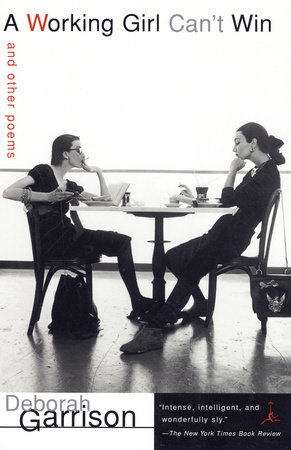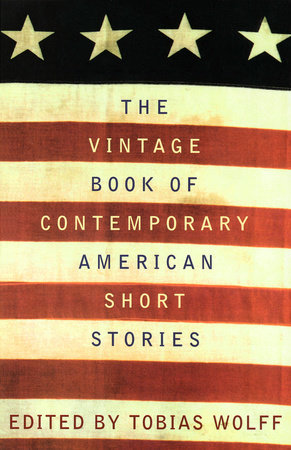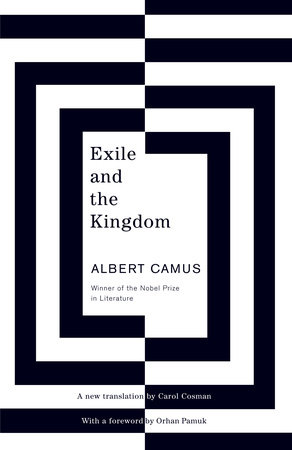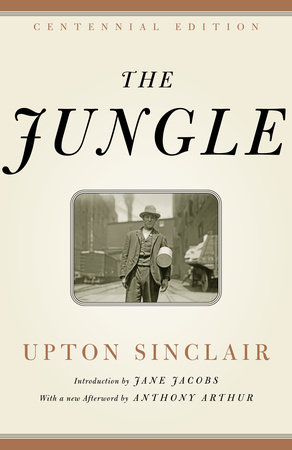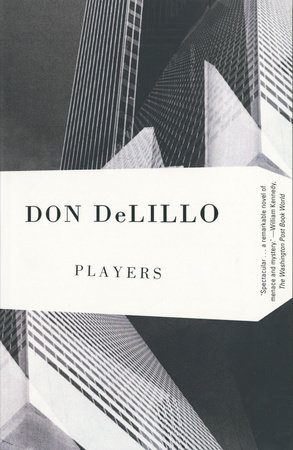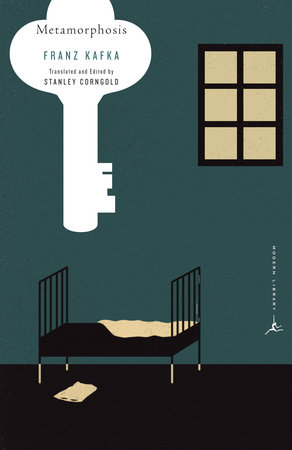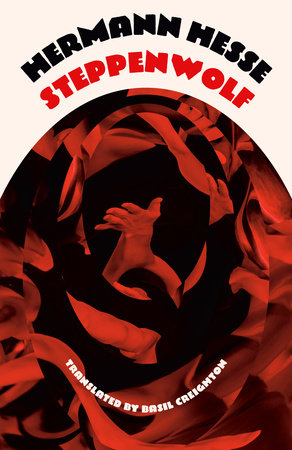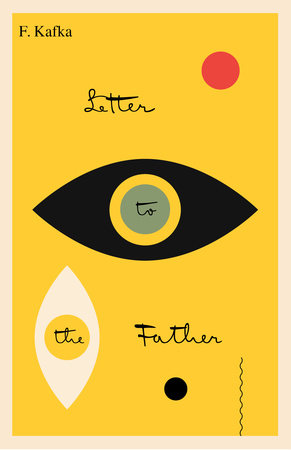

Part of The Schocken Kafka Library
Part of The Schocken Kafka Library
Letter to the Father/Brief an den Vater
By Franz KafkaTranslated by Ernst Kaiser and Eithne Wilkins
By Franz Kafka




Author
Franz Kafka
FRANZ KAFKA was born in 1883 in Prague, where he lived most of his life. During his lifetime, he published only a few short stories, including “The Metamorphosis,” “The Judgment,” and “The Stoker.” He died in 1924, before completing any of his full-length novels. At the end of his life, Kafka asked his lifelong friend and literary executor Max Brod to burn all his unpublished work. Brod overrode those wishes.
Learn More about Franz Kafka